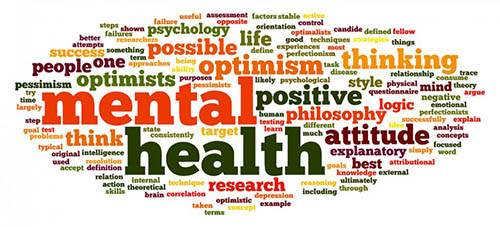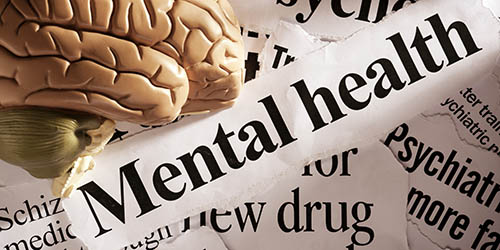
Becoming a Psychologist – Mental Health Counseling
Mental health counselors offer a variety of services including diagnosis, therapy, educational programs and development of treatment plans. They work in a variety of settings such as schools, rehabilitation centers, jails, employment facilities and family services. Education is quite extensive as a bachelor’s degree is required to advance to a master’s or doctoral level in mental health counseling. Graduate programs train students to understand and identify cultural diversity, problem-solving and ethical practice. For many students, discovering how to become a psychologist leads to an interest in mental health counseling.
Mental health counselors specifically work with individuals, families or groups to treat mental and emotional disorders promoting mental health. They often work closely with other mental health specialists from psychiatrists to school counselors. They are trained in a variety of therapeutic techniques used to address issues such as:
- Addiction and substance abuse
- Anxiety
- Depression
- Grief
- Suicidal impulses
- Trauma
The Mental Health Counseling Movements
Dorothea Dix (1802-1887) was an American activist who advocated for the establishment of institutions that would treat people with emotional disorders in a human manner. She was also influenced by the British lunacy reform movement in the 1830s, which examined a variety of treatment styles including asylums and madhouses. When she returned to America in the early 1940s, Dix conducted statewide investigations of the mental health facilities for the poor.
Clifford Beers (1876-1943) founded the “Mental Hygiene Movement” in the early 1900′s after being institutionalized several times. He published a book, “A Mind That Found Itself” documenting and exposing his experiences. He advocated for better conditions within mental health facilities and formed the “National Committee for Mental Hygiene” in 1909, which is now known as Mental Health America.
It was not until the 1960s when the Community Health Centers Act was passed to help in the creation of community mental health centers. From the 70s to the 80s, many associations such as the National Board of Certified Counselors, or NBCC, and Council for Accreditation of Counseling and Related Educational Programs, or CAREP, were formed. By the late 80s, mental health counseling became recognized as a distinct profession due to the evolution of agencies experiencing rapid transformation and implementation of new policies.
Education and Job Outlook
To work in the field, students must obtain bachelor’s degrees in mental health counseling or a related field then work to earn their doctoral degree. Top mental heath counseling schools are:
- St. Edward’s University – Austin, Texas
- St. John Fisher College - Pittsford, N.Y.
- University of Indianapolis — Indianapolis, Ind.
In order to meet state licensing requirements, students must complete one of the master’s degrees in mental health counseling with a specialty in mental health counseling, marriage and family counseling, rehabilitation counseling or community counseling. Courses studied are:
- Psychology
- Therapy and Counseling
- Sociology
- Anthropology
- Philosophy
- Theology
In addition to educational requirements, experience in related work is required for licensing. Graduates must work in a clinical setting for at least two years and under the supervision of a qualified professional; this two-year experience is required by most schools, but could also be a keen way to establish connections for job leads.

